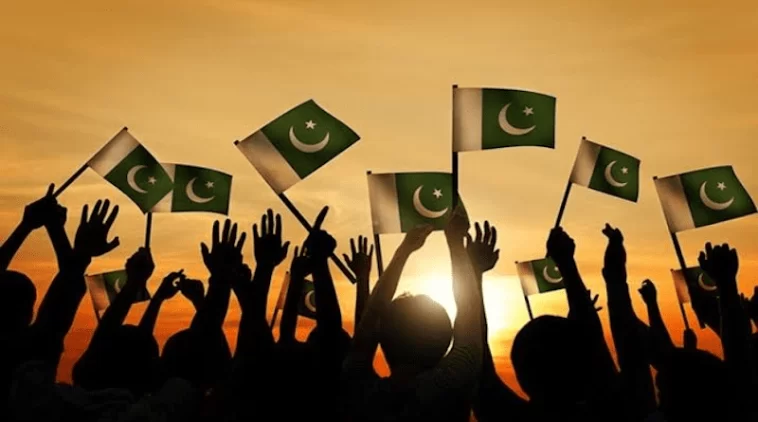The modern social scene is rapidly being dismantled by divisive, disparate political elements, both on a global scale and within individual nations. Globally, with the revival of power politics and the threat of warfare, nations are aligning themselves into opposing factions. On a domestic front, non-democratic entities are seizing the political arena, a phenomena especially observed in Europe.
Among these non-democratic entities, the far-right extremists present a potent threat, challenging the democratic pillars of European nations. This threat isn’t just directed towards the immigrant population but affects the very foundation of democracy. Pakistani immigrants, who initially migrated to Europe with great aspirations and dreams of an improved lifestyle, now face heightened adversities in their quest to integrate and prosper.
Europe is home to one of the most significant Pakistani migrant groups. Many individuals left their home country with the desire for greater prosperity and opportunities. For a significant period, European nations welcomed these immigrants, providing ample opportunities for growth and development. Nevertheless, the emergence of far-right groups has put both the livelihood and safety of these immigrant communities in jeopardy.
Incidents like the Southport riots and ensuing attacks on South Asian immigrant populations provide a frightening glimpse into what these communities may confront in the future. The surge in far-right party influence is palpably evidenced in their political offices across Europe. For instance, France’s National Rally has become the primary opposition party following the 2024 elections, and Germany’s Alternative for Germany (AfD) emerged victorious in a state election; the first far-right party to do so since World War II.
In the European Parliamentary elections, the far-right parties secured a significant representation with 105 seats, making up 14.6 percent of the total seats. This makes them the third-largest group in the parliament. As these parties increasingly gain political traction, xenophobia and discriminatory policies become more explicit in state affairs. These political shifts could result in a tightened space and reduced freedoms for the Pakistani immigrant community, leading to economic struggles, social exclusion, and potential threats of violence.
Far-right parties have predominantly centered their political narrative around immigration and the subsequent sociopolitical implications. One of their leading campaign selling points is the perceived threat posed by Islam to European ideology—an rhetoric that gained ground following the 2008 financial meltdown and the Syrian refugee crisis. Anti-Islamic sentiments began featuring prominently in far-right discourse, leading to calls for immigration restrictions and tolerance of violence against immigrants.
The immigrant population is often labeled as ‘foreigners’ or ‘economic burdens,’ accompanied by racial and stereotypical slurs. Where far-right parties hold sway, welfare policies are typically bound to citizenship and stringent resident proof requirements. These policies disproportionately affect migrants, who are often exploited by systemic injustices.
For Pakistani migrants who have not been in Europe for long, the issue of social exclusion escalates further. They face the challenge of a dual-identity crisis, constantly striving to strike the right balance between their ancestral heritage and the culture of their new country. Racial slurs against the Pakistani immigrant group worsen issues of cultural integration, leading to a widening chasm between the host and immigrant communities.
With the escalating threats to the social and economic security of immigrants from far-right political discourse and actions, democracy itself is in peril. A discernible trend has surfaced in mainstream political circles, as these parties have started to echo far-right narratives in a bid to attract voters. This specifically entails targeting immigrant populations and discussing potential economic repercussions.
Indicative of an erosion of democratic principles, this shift portrays a narrowing sphere of acceptance for migrants among European countries. Despite having contributed enormously to cultural and economic growth in their host nations, the Pakistani diaspora, numbering millions, have their breakthroughs overshadowed by far-right narratives.
The rising influence of the far-right in Europe has reached a critical juncture. If left unchecked, it can lead to disastrous repercussions. Thus, it’s paramount that the international community and the host nations unite to uphold diversity and equality.
Europe’s strength and vibrancy is rooted in its multicultural social system and the democratic ideologies that crafted these societies. Preserving this heritage will necessitate these societies to sternly reject and resist the growing influence of far-right groups with an equal determination.


